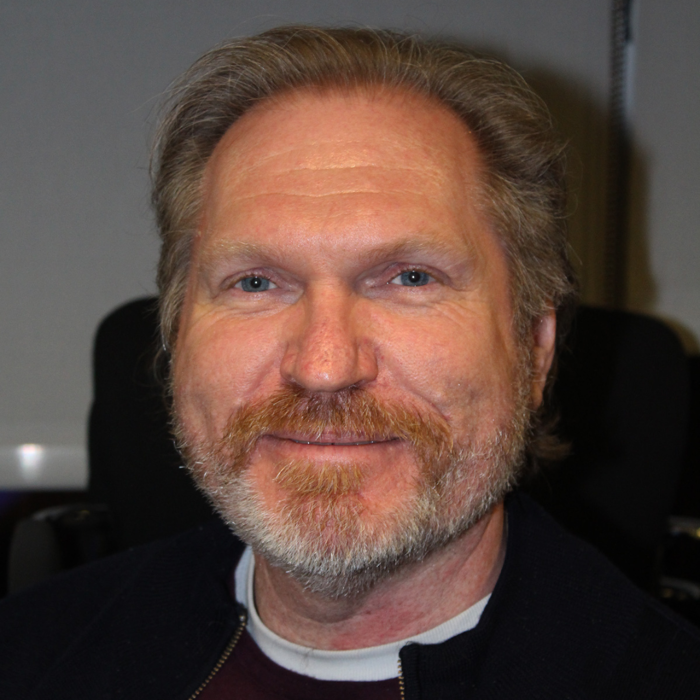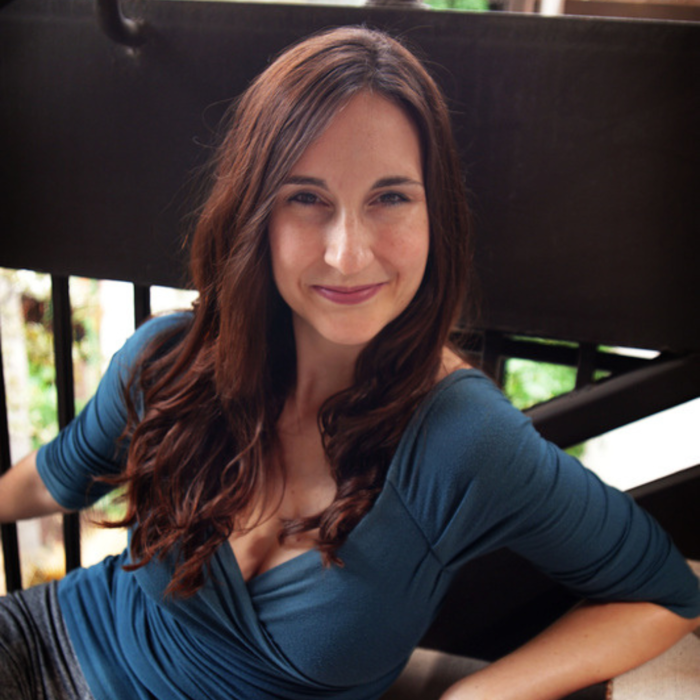Biofeedback in Vocal Pedagogy: Real-time success using mobile application technology
Thursday 15th April 2021, 5:00 PM - 7:00 PM (London Time)
Biofeedback in Vocal Pedagogy:
Real-time success using mobile application technology
Heidi Moss Erickson, B.A.Bio, B.Mus.Voice, M.Sci.
Advancements in mobile technology have revolutionized nearly every sector of our lives. Like a virtual fingerprint of our individual preferences, the seemingly endless array of mobile apps can define and enhance our interests. Music applications are a large part of this industry, and new generations of singers use their mobile devices to listen to songs, record their lessons, read, and annotate scores. Newer analysis and recording applications geared towards advanced musicians also include various forms of spectrograms for acoustic visualization.
However, spectrographic technology used by voice scientists and pedagogues has not fully crossed over into the mainstream population of students and teachers. One reason for the lack of pedagogical use is that acoustic computer software has been geared primarily towards research and academic-oriented pursuits. Acoustic software can be complicated to learn and tedious to analyze. In addition, the traditional teacher/student paradigm, proven successful for centuries, is a very effective way of teaching voice. Thus, there can be resistance to introduce new forms of pedagogic analysis in an already well-functioning studio.
However, the integration of technology for targeted purposes can aid both the student and the teacher in many important ways. In most instances it leads to increased accuracy in a shorter amount of time. It also allows the student to self-check particular directives in their own individual practice. Identifying beneficial areas of biofeedback is critical in determining where these tools can have maximum effectiveness.
‘How we practice efficiently and effectively’ is fast becoming one of the holy grails in our field. Visual biofeedback not only complements all of these processes, it also enhances both the speed and the output of targeted motor coordination.
The most critical element of introducing this technology is to identify relevant pedagogical questions that can easily be solved via visual biofeedback. Ideally, these approaches would supplement traditional methods (i.e. teacher/student; auditory/ kinesthetic feedback), but allow progress to happen faster and enhance understanding of processes.
This lecture will teach the science of biofeedback, how it relates to singing, and demonstrate the value of biofeedback for specific pedagogical aims.
Sample biofeedback mobile app readout:

Heidi Moss
Heidi Moss, is a Bay Area performer, educator, and scientist. Noted for her “rich and radiant soprano” (Edward Oriz, Sacramento Bee) has performed on national and international stages...
Sorry, this is an archived short course...
We have plenty of upcoming short courses coming soon. See details of some of them below or look at the full list of short courses.


Thursday 16th May 2024
10:00 AM - 12:00 PM
(London Time)
Breathing and Support Based on Accent Method Breathing

Dr Ron Morris
In this course, we explore the anatomy and physiology of the respiratory system and their application in singing, focusing on Accent Method of Breathing.


Tuesday 21st May 2024
5:00 PM - 7:00 PM
(London Time)
An Introduction to VoceVista

Dana Zenobi
If you want to use VoceVista software but are struggling with how to get started, this introductory session will get you oriented and ready to go! This will be a judgment-free zone; I am looking forward to answering all your burning VoceVista how-to questions from a studio teacher’s perspective.

Tuesday 21st May 2024
5:00 PM - 7:00 PM
Wednesday 29th May 2024
5:00 PM - 7:00 PM
(London Time)
VoceVista Bundle

Dana Zenobi
Attend both of the upcoming VoceVista short courses with Dana Zenobi for the reduced price of £50 (saving £10).
